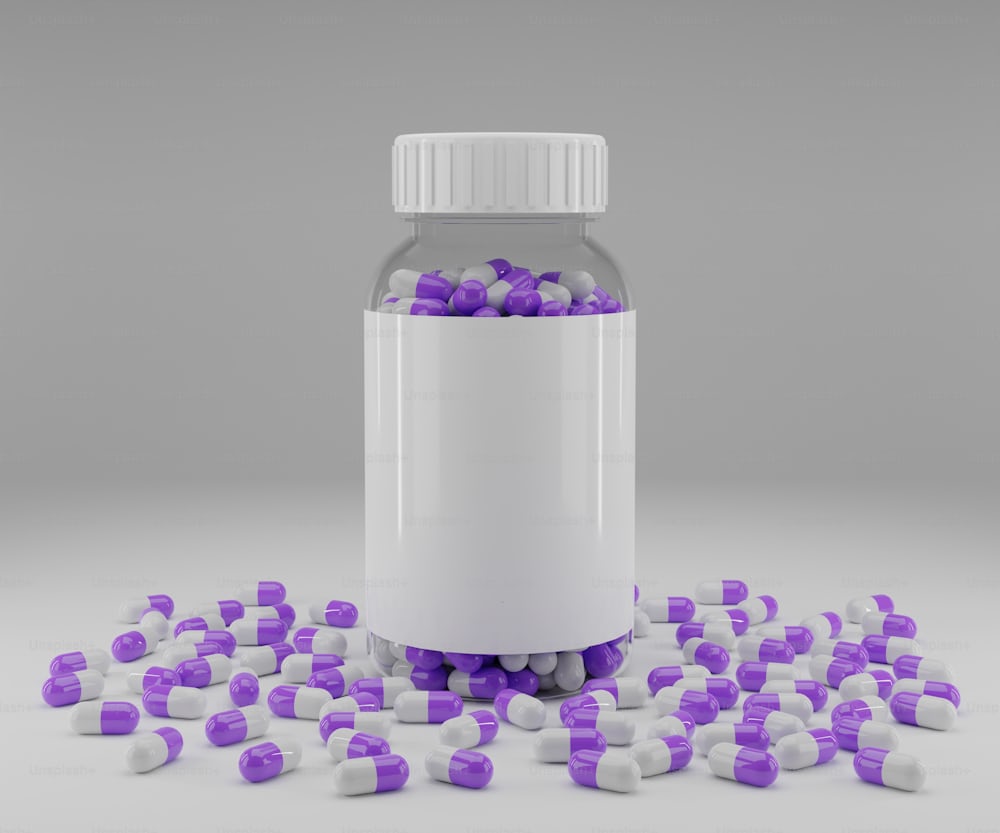The landscape of opioid addiction treatment has evolved significantly with the introduction of Suboxone Treatment Las Vegas, designed to alleviate the devastating grip of opioid dependence.
This article delves into the multifaceted aspects of Suboxone treatment, exploring its effectiveness, potential side effects, and success rates.
By understanding these crucial elements, you can gain insights into whether Suboxone might be the right choice for your journey toward recovery from opioid addiction.
Understanding Suboxone Treatment
Suboxone, a combination of buprenorphine and naloxone, represents a paradigm shift in addiction medicine.
It functions by binding to opioid receptors in the brain, effectively mitigating cravings and withdrawal symptoms without inducing the euphoric high associated with opioids like heroin or prescription painkillers.
This dual-action medication offers a stable foundation for individuals seeking to break free from the cycle of opioid addiction.
Effectiveness Of Suboxone Treatment
Scientific research underscores the effectiveness of Suboxone as a cornerstone of medication-assisted Opioid Treatment Las Vegas treatment (MAT) for opioid use disorder (OUD).
Studies have consistently demonstrated its capacity to stabilize lives, reduce illicit opioid use, and enhance retention in treatment programs compared to non-pharmacological approaches.
By targeting withdrawal symptoms and cravings, Suboxone empowers individuals to engage more effectively in therapeutic interventions crucial for sustained recovery.
Potential Side Effects Of Suboxone
While Suboxone offers substantial benefits, it is not without potential side effects.
Common adverse reactions include nausea, headaches, insomnia, and constipation, which typically diminish as the body acclimates to the medication.
Monitoring by healthcare professionals helps mitigate these effects and optimize treatment outcomes, ensuring individuals can confidently navigate their recovery journey.
Success Rates Of Suboxone Treatment
The success of Suboxone treatment hinges on several key factors, including adherence to treatment protocols and integration with comprehensive therapeutic approaches.
When combined with counseling, behavioral therapies, and personalized care plans, Suboxone has shown remarkable efficacy in promoting long-term sobriety and improving the quality of life for individuals grappling with opioid addiction.
High retention rates in treatment programs correlate strongly with favorable outcomes, highlighting the importance of tailored, patient-centered care.
Is Suboxone Treatment Right For You?
Determining the appropriateness of Suboxone treatment requires thoughtful consideration of individual circumstances, preferences, and medical history.
Consulting with a Suboxone Doctor Las Vegas who facilitates an informed decision-making process and ensures that treatment aligns closely with recovery goals.
Factors such as the severity of addiction, medical comorbidities, and personal treatment preferences influence whether Suboxone represents a viable option in your journey toward sustained sobriety.
Is Suboxone The Same As Methadone?
No, Suboxone and methadone are not the same, though both are used in the treatment of opioid addiction. Here are the key differences between them:
Composition
- Suboxone: Contains a combination of buprenorphine (a partial opioid agonist) and naloxone (an opioid antagonist).
- Methadone: A full opioid agonist, methadone works by binding to the same brain receptors as other opioids but without producing the same high. It reduces withdrawal symptoms and cravings.
Mechanism of Action
- Suboxone: Buprenorphine’s partial agonist properties mean it activates opioid receptors but to a lesser extent than full agonists like methadone. Naloxone is included to block the effects of opioids if the medication is injected, deterring misuse.
- Methadone: As a full opioid agonist, methadone fully activates opioid receptors, providing relief from withdrawal symptoms and cravings while maintaining a stable, long-acting effect.
Administration and Dosage
- Suboxone: Typically administered as a film or tablet placed under the tongue. Its ceiling effect reduces the risk of overdose, making it safer in higher doses compared to full agonists.
- Methadone: Available in liquid form and taken orally, often daily. Its long half-life requires careful dosing to avoid overdose and manage withdrawal symptoms effectively.
Regulation and Accessibility
- Suboxone: Requires a special waiver for healthcare providers to prescribe. It is often considered more convenient for outpatient settings due to its lower risk of misuse and overdose.
- Methadone: Administered in specialized clinics under strict regulations. Patients must visit the clinic daily to receive their dose, ensuring supervised administration and reducing the risk of diversion.
Efficacy and Use Cases
- Suboxone: Preferred for outpatient treatment, it is effective in reducing opioid use, cravings, and withdrawal symptoms while allowing individuals to maintain a more normal daily routine.
- Methadone: Widely used in both outpatient and inpatient settings, especially for individuals with severe opioid addiction. It has a well-established track record for its effectiveness in maintaining long-term recovery.
While both Suboxone and methadone are integral to opioid addiction treatment, they differ significantly in their composition, mechanism of action, administration, and regulatory requirements.
Always consult a healthcare provider to determine your situation’s most appropriate treatment plan.
Conclusion
Suboxone treatment represents a pivotal advancement in the management of opioid addiction, offering a blend of pharmacological support and therapeutic intervention essential for recovery.
While its effectiveness in reducing withdrawal symptoms and cravings is well-documented, careful evaluation of potential side effects and individualized treatment planning is crucial in optimizing outcomes.
By engaging in informed discussions with healthcare professionals, individuals can navigate the complexities of addiction treatment and determine if Suboxone is the right choice to support their path toward lasting recovery.
With the commitment of Partida Corona Medical Center to compassionate care and evidence-based treatment, patients can access comprehensive support on their journey to overcoming opioid dependency.
Together, we strive to empower individuals with the tools and guidance needed to achieve and maintain a healthier, substance-free life.



